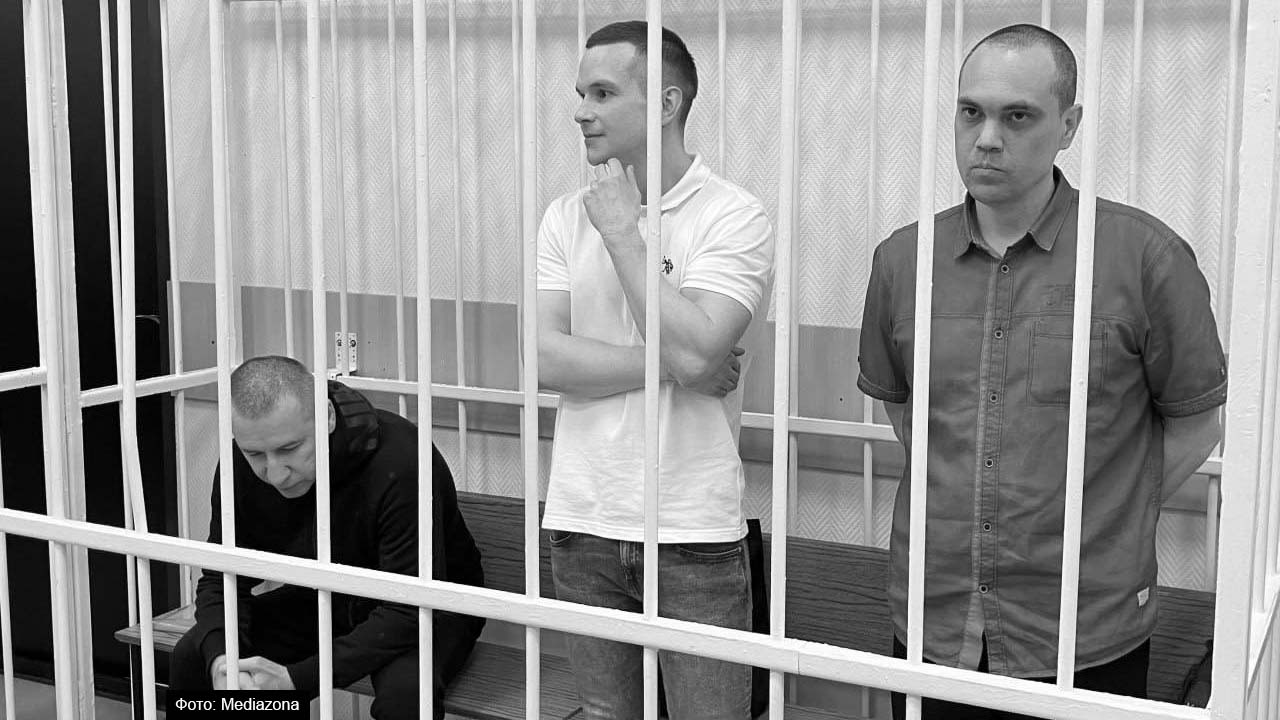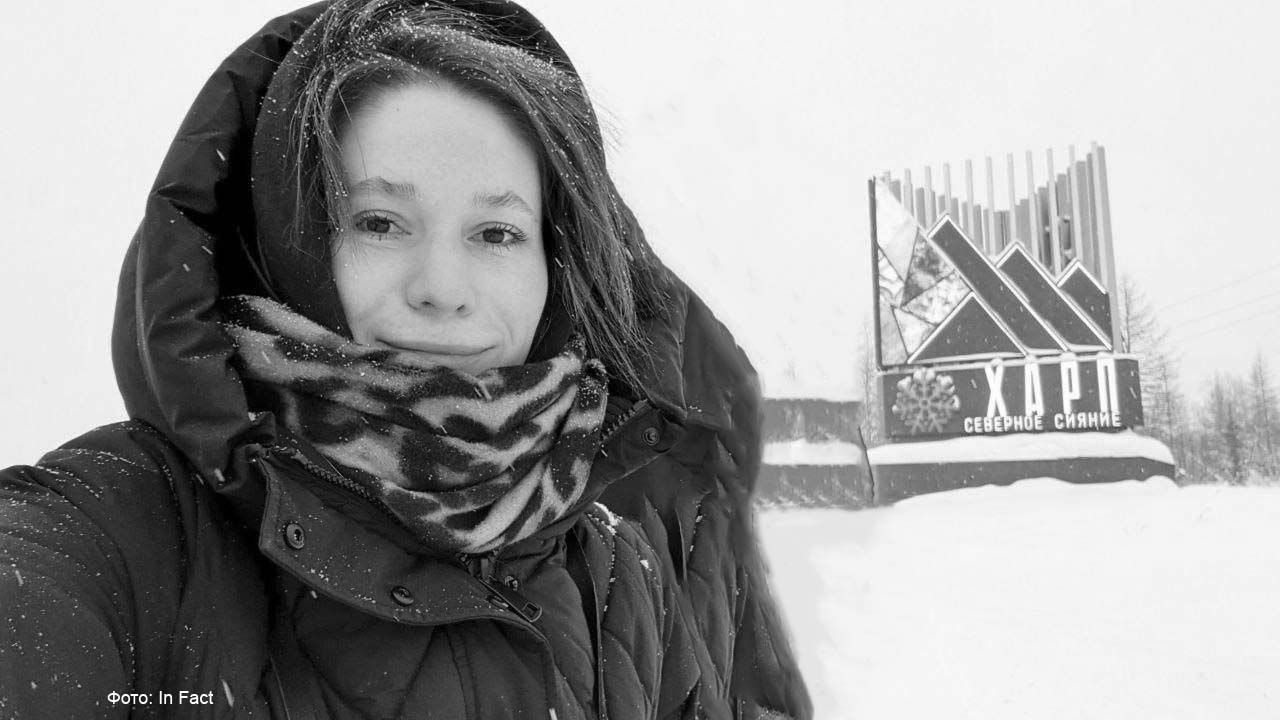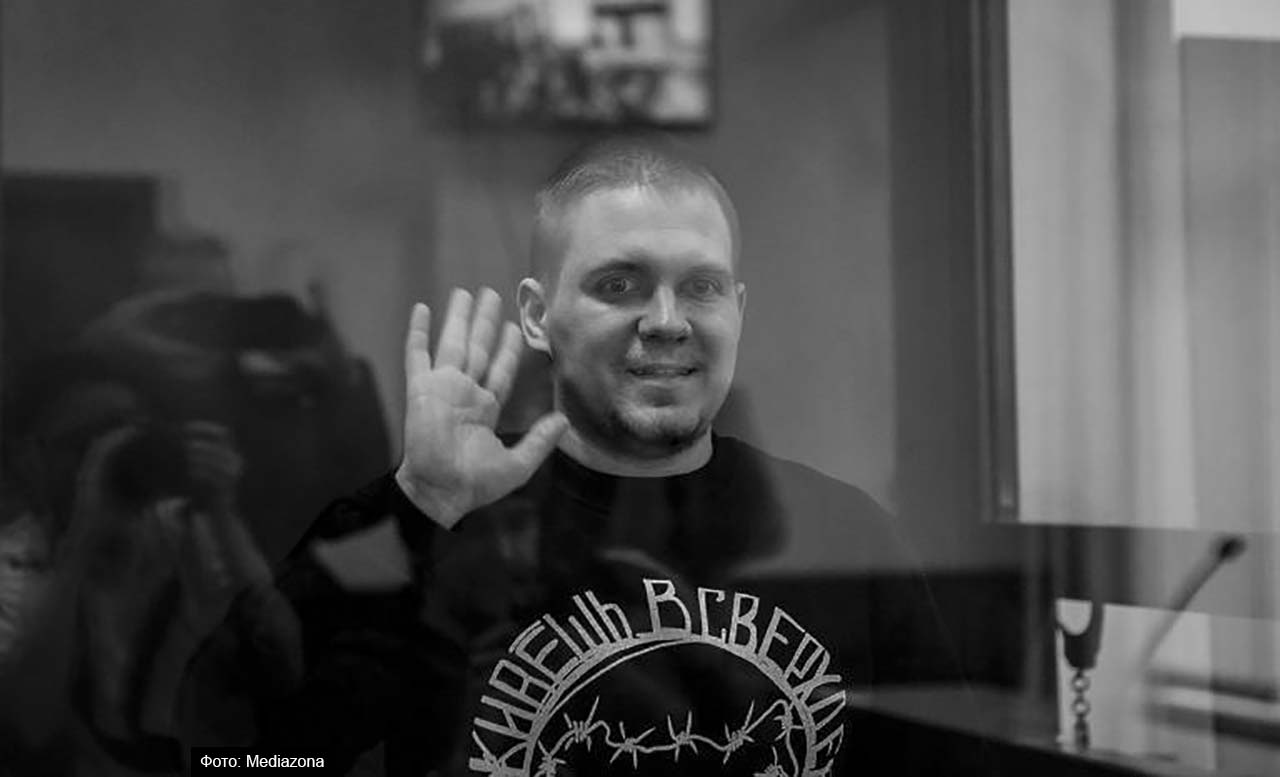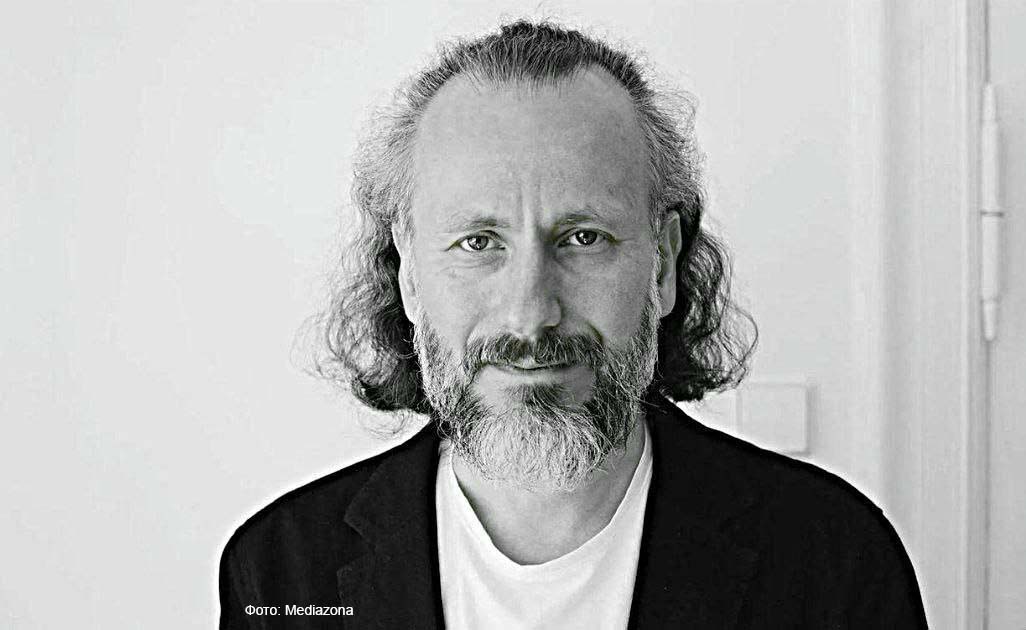
“We are being prosecuted for transmitting Navalny’s thoughts to others.” The story of three lawyers convicted of “thought crimes”
“We are being prosecuted for transmitting Navalny’s thoughts to others.” The story of three lawyers convicted of “thought crimes”
On October 13, 2023, one of the darkest days in the history of modern Russian legal practice took place. That morning, law enforcement officers conducted searches of Alexei Navalny’s lawyers — Vadim Kobzev, Igor Sergunin, and Alexey Liptser. That same day, all three were detained and taken into custody by the court.
The news of their arrest was not just a warning signal, but a clear indication that legal immunity for lawyers was being dismantled — that their professional work could now be interpreted as complicity in criminal activity.
On January 17, 2024, the Petushinsky District Court in Vladimir Region considered the criminal case against lawyers Dmitry Kobzev, Alexey Liptser, and Igor Sergunin. They were charged under Part 2 of Article 282.1 of the Russian Criminal Code. The court sentenced D. Kobzev to 5 years and 6 months in prison, A. Liptser to 5 years, and I. Sergunin to 3 years and 6 months.
We will examine this story from three perspectives: Pro, Contra, In fact.
Contra
According to the preliminary investigation and subsequent court ruling, V. Kobzev, A. Liptser, and I. Sergunin — in their designated roles within an extremist community — from March 2021 to October 13, 2023, used their status as lawyers to visit convicted Alexei Navalny (identified as the leader of the extremist group FBK — “Navalny’s Team”) in correctional facilities in Vladimir Region. During these visits, they allegedly ensured the regular transmission of information between Navalny and other members of the extremist group, including those in hiding or under international search. Navalny is said to have continued functioning as the leader of the group, involved in planning and executing extremist crimes.
Their actions were classified under Part 2 of Article 282.1 of the Criminal Code. The maximum penalty under this article is 6 years in prison. The prosecution requested 5 years and 11 months for Kobzev, 5 years and 10 months for Liptser, and 5 years and 6 months for Sergunin.
Pro
Because the trial was held behind closed doors and the defense lawyers were bound by non-disclosure agreements, we only know the government’s accusations from rare media leaks. However, it’s no secret that the core of the case revolves around the lawyers allegedly transmitting Navalny’s thoughts from prison to the outside world.
The critical question is: how did the authorities determine that this “transmission of thoughts” was carried out by his defense attorneys?
Let’s look at the legal context.
The Russian Constitution guarantees everyone judicial protection and the right to qualified legal assistance. According to the Federal Law “On Advocacy and the Bar in the Russian Federation,” attorney-client privilege includes any information related to legal assistance provided by a lawyer, whether it was received directly from the client or from third parties and documents. These may include details unrelated to the case itself — such as a client’s relationships, financial situation, health, personality traits, or behavior during the investigation.
The law explicitly prohibits any interference in a lawyer’s professional activities or obstruction of those activities in any form. Therefore, everything said during communication between a lawyer and client is covered by attorney-client privilege — and cannot legally be breached by the state.
Despite this, a few months ago, a video surfaced online showing conversations between Navalny and his lawyers inside a prison meeting room — with audio. Was this recording legal? Unequivocally, no. Prisons may conduct video surveillance, but audio recording of lawyer-client meetings violates attorney-client privilege.
Any such recordings are fundamentally unlawful and, under criminal procedure law, cannot be admitted as evidence. Yet, apparently, those recordings formed the basis of the prosecution’s case — as mentioned in Vadim Kobzev’s final statement in court.
In Fact
On January 10, 2024, Vadim Kobzev delivered his final statement in the Petushinsky District Court:
“Your Honor, fellow participants in this trial, my speech has three parts. The first is one of gratitude…”
He thanked the presiding judge for composure, the court clerk for professionalism, and the prosecutors for their restraint and lack of theatrical outbursts.
He gave special thanks to the team of lawyers, many of whom worked pro bono, for their exemplary defense, flawless documents, and eloquence.
He addressed his co-defendant, Alexey Liptser, saying that while they were barely acquainted before the trial, they had become close throughout the long process and supported each other during the ordeal.
“The second part of my statement is philosophical. How did we all end up here, in this courtroom in 2024, in such unusual company?”
He compared their case to a bizarre legal decision from December 2023, when a 2012 music video by singer Nikolai Baskov was suddenly banned under Russia’s “LGBT propaganda” law. The court claimed the video portrayed a romantic relationship between two men. The channel that broadcast it was fined one million rubles.
“What happened? Simply put — the country changed. The state put on a new pair of lenses and looked back at the past with fresh scrutiny. That’s what happened to Navalny’s thoughts too. Thoughts voiced aloud, written down, or stored on a device.”
“We are being prosecuted for transmitting Navalny’s thoughts. Could Navalny have imagined in 2011 that by 2021, all his work would be deemed criminal, and that by 2024, his lawyers would be on trial for spreading his ideas? These are rhetorical questions.”
“Even the prison officials and investigators listening to Navalny’s thoughts in 2021 had no idea this would be criminalized later. Yet here we are.”
Kobzev highlighted how one intercepted “extremist” thought was Navalny suggesting that someone post on Telegram about rising food prices. An officer testified in court that he personally considered this idea extremist. Liptser was convicted for relaying this.
“Perhaps in 5–10 years, people in Russia will be imprisoned en masse for reporting price hikes. Who knows? But we know this has happened before. In the 1930s–1950s, Soviet citizens were sent to camps for telling political jokes or criticizing officials. Then too, they were convicted for ‘thought crimes’ — now labeled ‘discrediting’ and ‘extremism.’”
“Later, the same courts — sometimes the same people — would overturn those verdicts and shrug: ‘It was the times.’”
“Eighty years have passed. The state has once again changed its lenses. Once again, people are being tried for discrediting officials and government agencies.”
“As a nation, we’re stuck. We’re trying on all the lenses in the optical shop, never stopping to check the prescription in our pocket.”
He concluded with a literary reference — a scene from Erich Maria Remarque’s The Spark of Life, in which a Nazi camp commandant justifies his actions during the liberation of a concentration camp. The American soldier responds:
“We’re going to hear three phrases over and over: ‘I was following orders,’ ‘I didn’t know,’ and ‘I did everything I could.’”
Kobzev finished:
“Your Honor, before you go to deliberate, I sincerely hope that in the future, you will never have to utter any of those three phrases.”
As mentioned earlier, V. Kobzev and A. Liptser received longer sentences than I. Sergunin. Based on public information, this may be due to Sergunin’s decision to cooperate with investigators. It is unclear what led a seasoned lawyer to take that step. It is known that Sergunin is a widower and has a minor child. In today’s Russia, one could reasonably assume that pressure involving his child might have been a factor — but that remains speculation.
As the Bible says: “Judge not, that ye be not judged.”
*Alexei Navalny, who died on February 16, 2024, is still officially labeled an “extremist and terrorist.”


